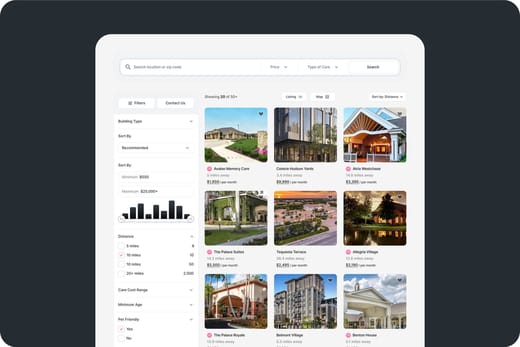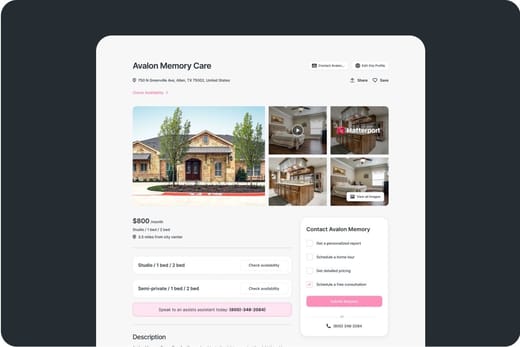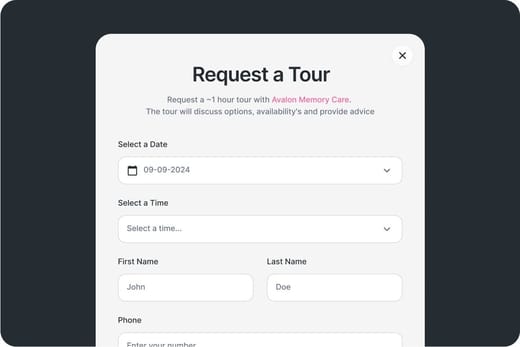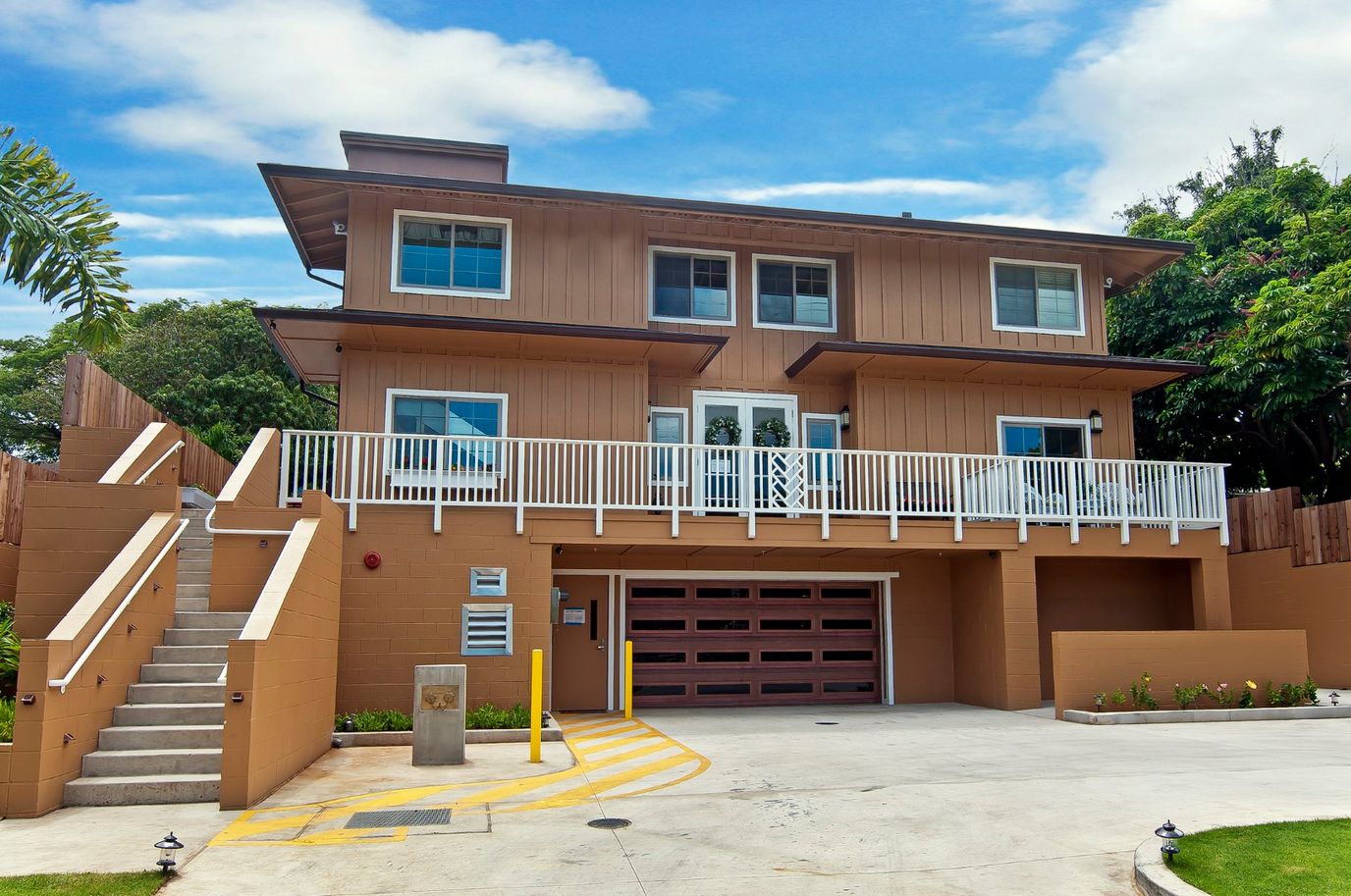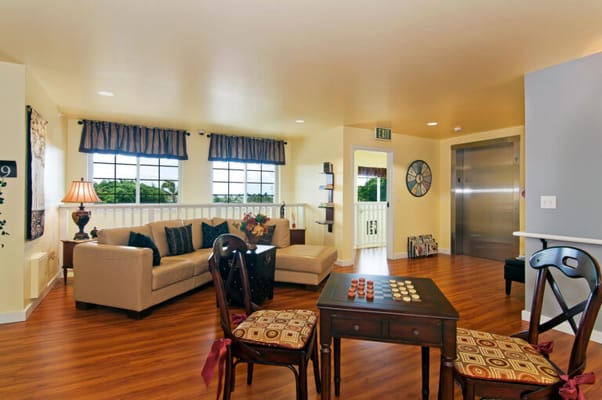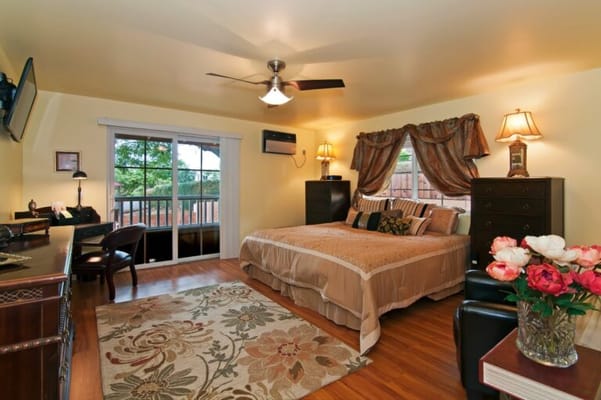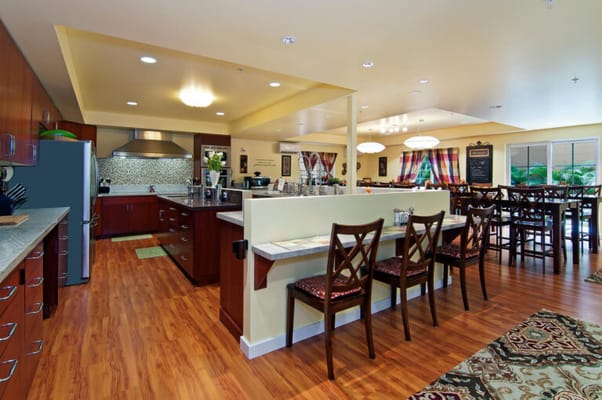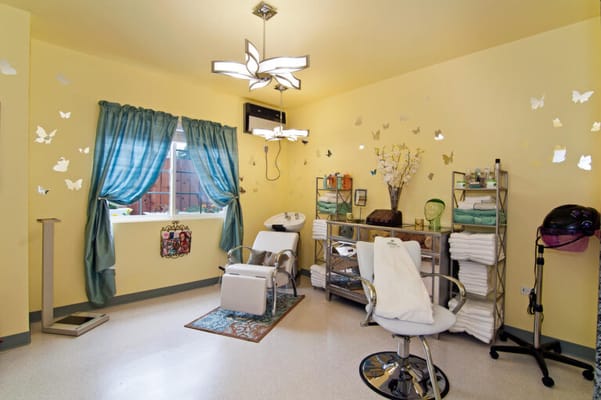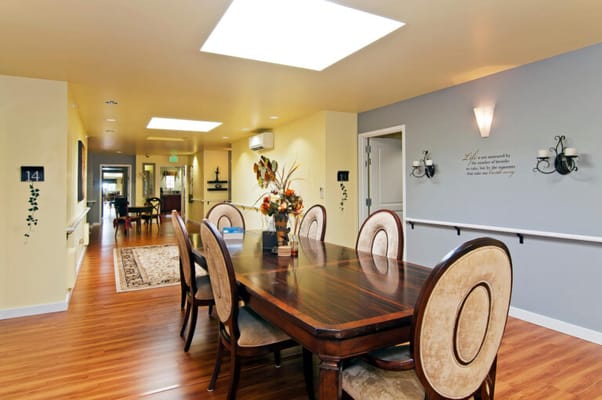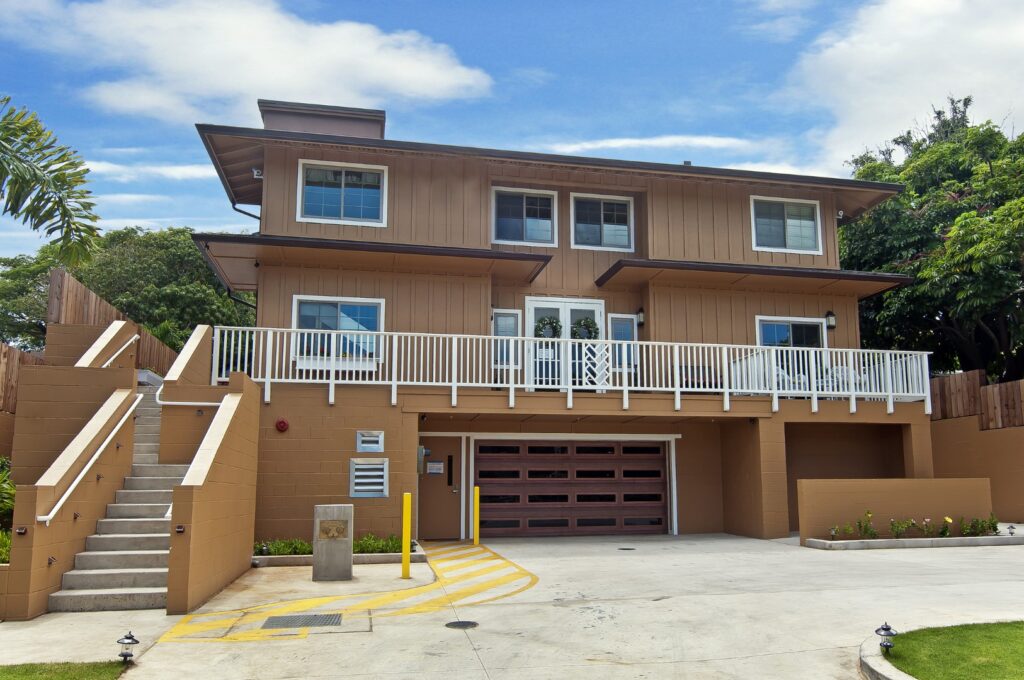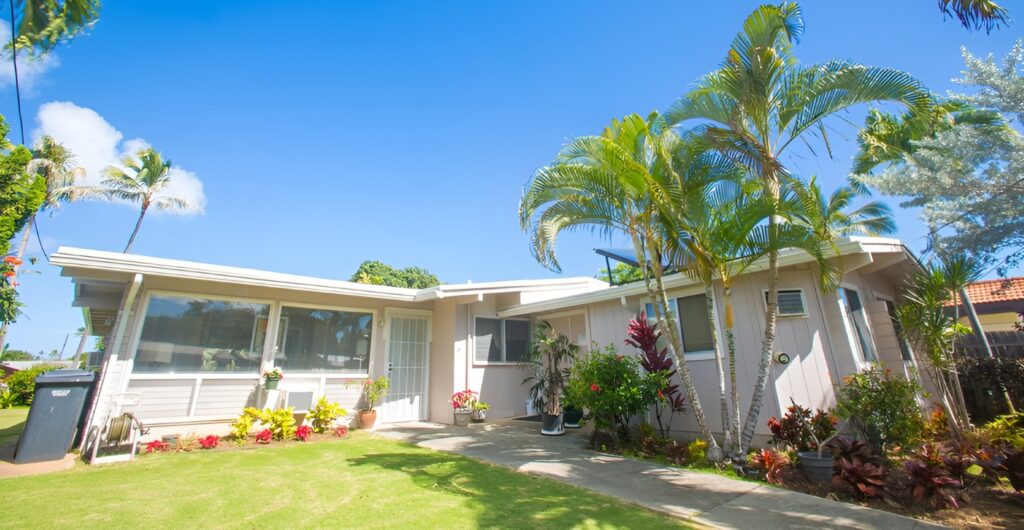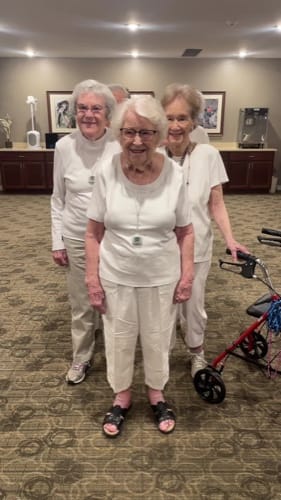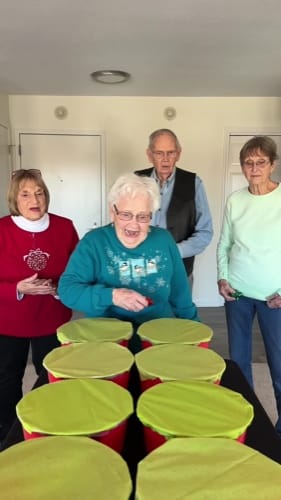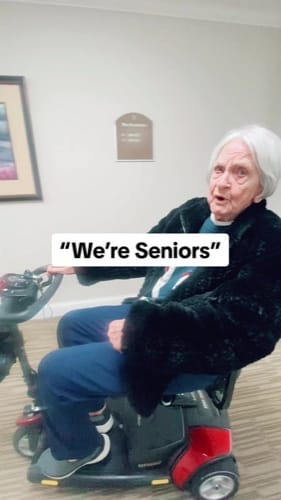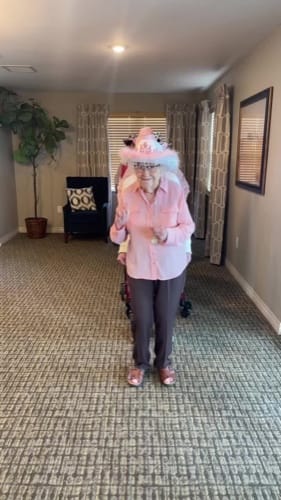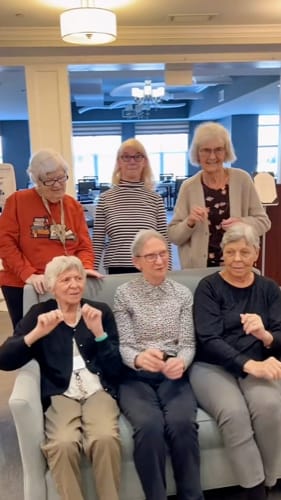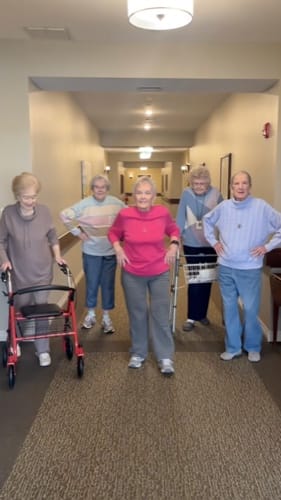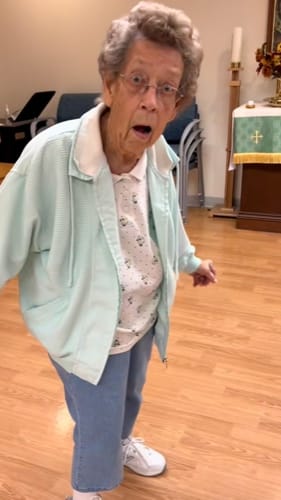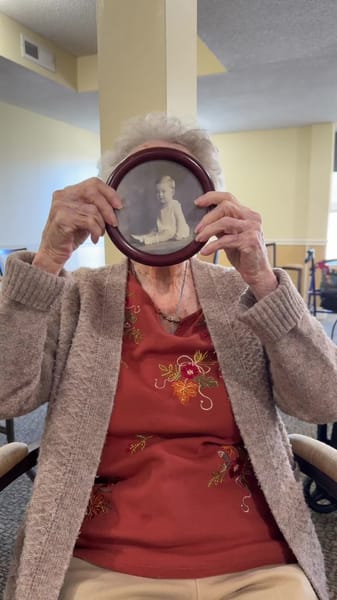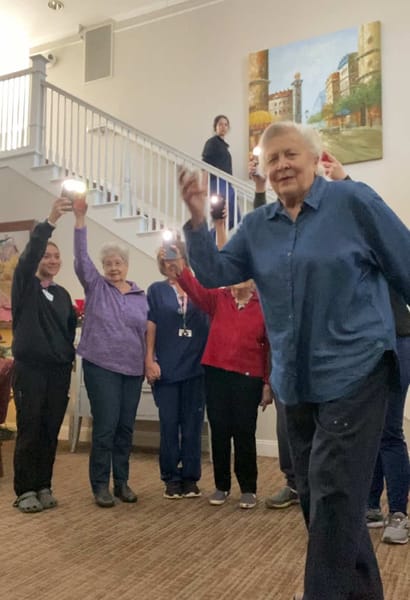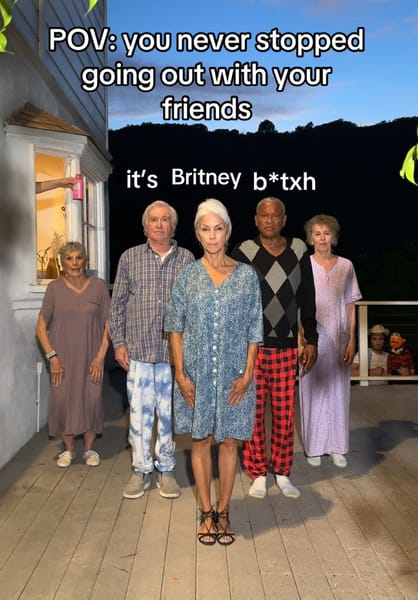Wilson Senior Living
Wilson Senior Living is a Nursing Home in Hawaii
Wilson Senior Living is a Nursing Home in Hawaii
Wilson Senior Living
Wilson Senior Living is a Nursing Home in Hawaii
Wilson Senior Living is a Nursing Home in Hawaii
Wilson Senior Living is located in the Aikahi neighborhood of Kailua, at 96 Kaneohe Bay Drive. This elegantly furnished, state-of-the-art care facility welcomes people who require care around-the-clock but do not frequently need skilled nursing care.
11,000 square foot homes with warm common areas and private, fully furnished bedrooms and private bathrooms are available to residents. Each room has a call system, an electric Tempur-Pedic bed, a flat-screen TV with basic cable, Wi-Fi, a landline phone with a discrete number, a desk, a chair, dressers, a built-in closet system, a remote-controlled air conditioner, and a ceiling fan. Residents of Wilson Senior Living Kailua live “family-style,” embracing each day with purpose and giving the term “senior living” new meaning.
How BBB ratings work
Staffing
Key information about the people who lead and staff this community.
Leadership
What does this home offer?
Housing Options: Private Rooms
Building Type: 3-story
Dining Services
Transportation Services
Housekeeping Services
Social and Recreational Activities
Types of Care at Wilson Senior Living
Comparison Chart
The information below is reported by the Hawaii Department of Health, Office of Health Care Assurance.Places of interest near Wilson Senior Living
2.6 miles from city center
96 Kaneohe Bay Dr, Kailua, HI 96734
Calculate Travel Distance to Wilson Senior Living
Add your location
Guides for Better Senior Living
Care Cost Calculator: See Prices in Your Area
Nursing Home Data Explorer
Don’t Wait Too Long: 7 Red Flag Signs Your Parent Needs Assisted Living Now
The True Cost of Assisted Living in 2025 – And How Families Are Paying For It
Understanding Senior Living Costs: Pricing Models, Discounts & Financial Assistance
Claim What’s Yours: Financial Aid for Hawaii Seniors
- General: Age 65+ or disabled, Hawaii resident, Medicaid-eligible, long-term care need.
- Income Limits (2025): ~$2,829/month (300% FBR, individual).
- Asset Limits: $2,000 (individual), $3,000 (couple).
- HI Specifics: High cost of living adjustments.
- Services: In-home care (6-8 hours/day), nursing home, respite (240 hours/year), medical services.
- General: Age 60+, Hawaii resident, unable to perform 2+ ADLs.
- Income Limits: No strict limit; prioritizes low-income.
- Asset Limits: Not applicable.
- HI Specifics: Limited funding; island-specific delivery.
- Services: In-home care (3-5 hours/week), adult day care (~$70/day), transportation (~5 trips/month).
- General: Age 55+, Hawaii resident, nursing home-level care need, safe with PACE support.
- Income Limits (2025): ~$2,829/month (300% FBR).
- Asset Limits: $2,000 (individual), $3,000 (couple).
- HI Specifics: Limited to Oahu (e.g., Maluhia in Honolulu); few providers.
- Services: Personal care (5-7 hours/day), medical care, meals, transportation, therapy, respite.
- General: Age 65+ or disabled, Hawaii resident, Medicare Part A/B.
- Income Limits (2025): ~$2,510/month (QMB), ~$3,380/month (SLMB), ~$3,598/month (QI)—individual, adjusted annually.
- Asset Limits: $9,430 (individual), $14,130 (couple).
- HI Specifics: Three tiers; no waitlist.
- Services: Covers Part B premiums ($174.70/month), deductibles ($240/year), copays (~20%).
- General: Age 55+, unemployed, low-income, Hawaii resident.
- Income Limits (2025): ~$1,983/month (125% FPL).
- Asset Limits: Not specified; income-focused.
- HI Specifics: ~800 slots; prioritizes veterans, rural residents.
- Services: Paid training (~20 hours/week at ~$7.25/hour), job placement.
- General: Caregivers of 60+ needing care or 55+ caregivers of others; Hawaii resident; functional needs (2+ ADLs).
- Income Limits (2025): Prioritizes ~$24,980/year (individual); no strict cap.
- Asset Limits: Not assessed; need-based.
- HI Specifics: Four county AAAs; prioritizes low-income.
- Services: Respite (4-6 hours/week or 5 days/year), adult day care ($80/day), counseling.
- General: Age 65+ or disabled veteran/surviving spouse, Hawaii resident, wartime service, need for aid with ADLs (A&A) or homebound status.
- Income Limits (2025): Net income < ~$1,984/month (veteran with dependent, A&A); pension offsets income.
- Asset Limits: ~$155,356 (2025 net worth limit).
- HI Specifics: Applies statewide; high demand due to veteran population.
- Services: Cash (~$1,433-$2,642/month veteran, ~$951-$1,318 spouse) for care costs (e.g., in-home, assisted living).
- General: Volunteers: 55+, low-income, Hawaii resident, able to work 20 hours/week. Recipients: Frail elders needing companionship.
- Income Limits (2025): Volunteers: ~$24,980/year (200% FPL); recipients: no limit.
- Asset Limits: Not specified for volunteers; need-based for recipients.
- HI Specifics: Statewide; managed by DHS Social Services.
- Services: Volunteers paid ~$4/hour for companionship (~20 hours/week); recipients get free support (~4-6 hours/week).
Contact Us
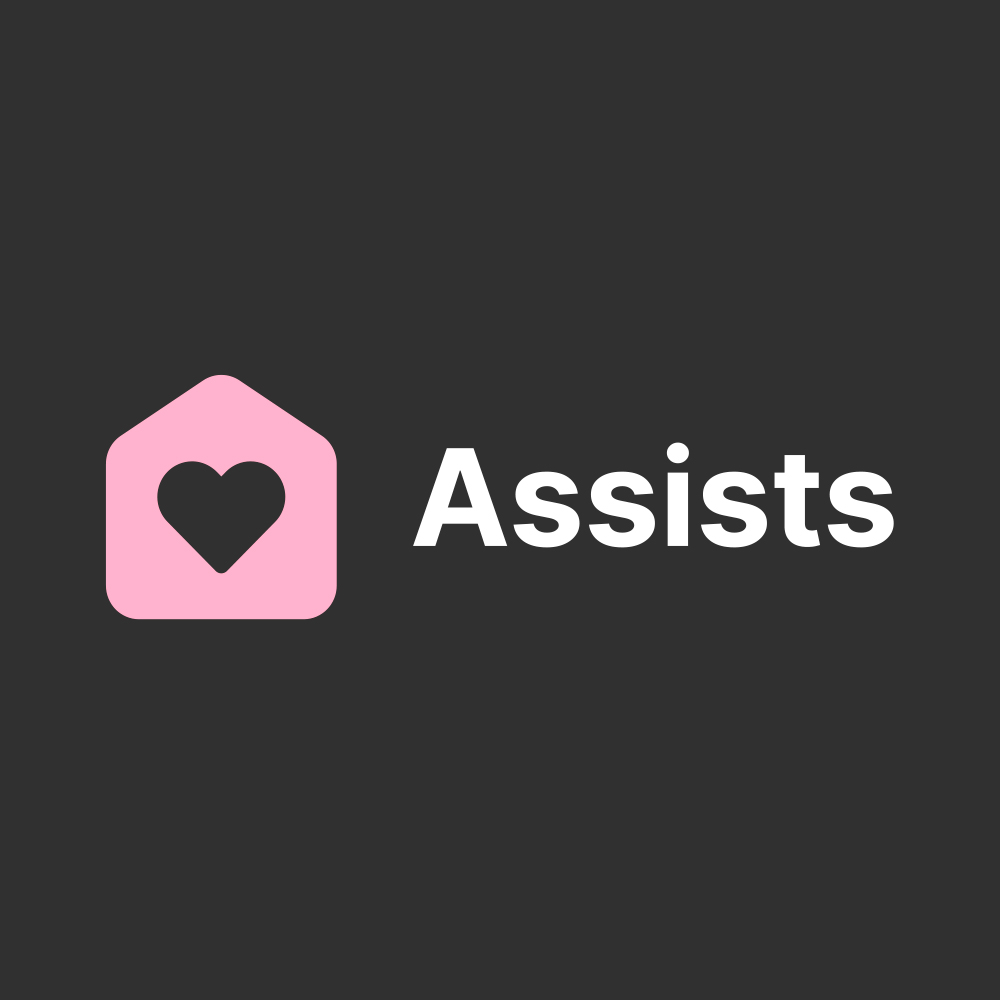
Your Senior Care Partner, Every Step of the Way
We help families find affordable senior communities and unlock same day discounts, Medicaid, and Medicare options tailored to your needs.
Contact us Today
Touring Checklist for Senior Living
Touring a community? Use this expert-backed checklist to stay organized, ask the right questions, and find the perfect fit.
Location
Community Spaces and Overall Environment
Services
Staffing
Accommodations
Finances
Other Notes
Send Checklist to Your Email
We'll send you a PDF version of the touring checklist.

